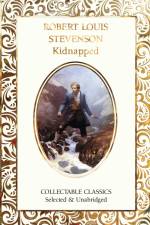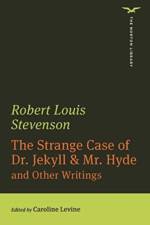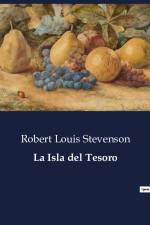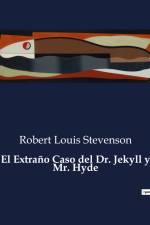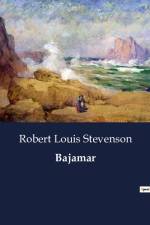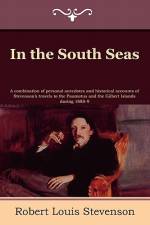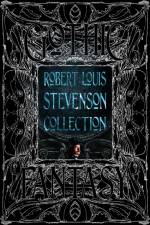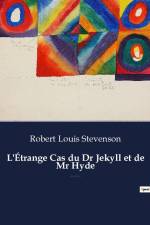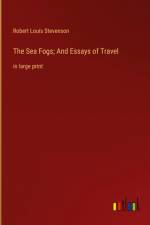av Robert Louis Stevenson
331
"The Wrong Box" is a comic novel co-written by the Scottish author Robert Louis Stevenson, known for classics such as "Treasure Island" and "Strange Case of Dr Jekyll and Mr Hyde", and his stepson Lloyd Osbourne. This uproarious tale of a misguided inheritance offers a refreshing contrast to Stevenson's more famous adventure and horror tales.Set in Victorian England, the story unfolds around a long-standing investment scheme known as a 'tontine', where the last surviving member of a group is entitled to the entire fund. Two estranged brothers find themselves as the last remaining survivors, leading to a flurry of deception, mistaken identity, and a farcical pursuit of a misplaced fortune.Stevenson and Osbourne ingeniously weave a web of eccentric characters and unlikely circumstances, resulting in numerous comic misadventures. The novel offers wry observations of human nature and social conventions, all presented through the authors' characteristic wit and narrative flair."The Wrong Box" is an entertaining romp of confusion and comedy, showcasing a lesser-known side of Stevenson's literary talent. It promises laughter and amusement at every turn, making it a must-read for fans of classic literature with a humorous twist.Keywords: Robert Louis Stevenson, The Wrong Box, Lloyd Osbourne, comic novel, Victorian England, tontine, mistaken identity, farcical pursuit, fortune, eccentric characters, human nature, social conventions, wit, narrative flair, comedy, classic literature, comic novel, Victorian comedy, inheritance misadventures, classic humor, Treasure Island, Dr Jekyll and Mr Hyde, literary classics, Scottish authors, mistaken identity, human nature, Victorian social conventions, eccentric characters, Stevenson's humorous works.


